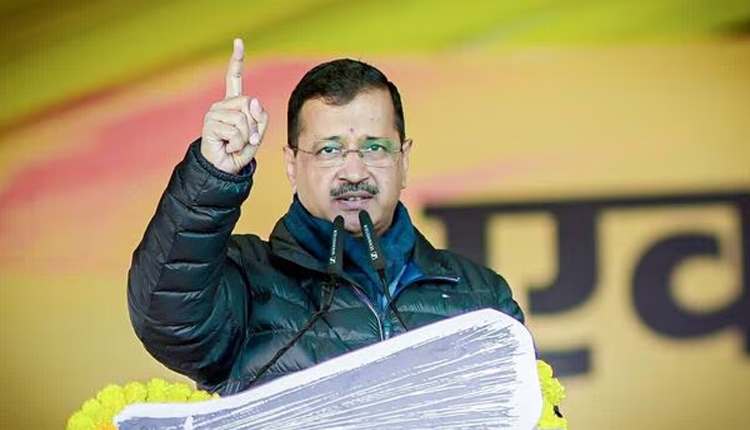NewDelhi: The competition for the crucial Purvanchali vote in Delhi has intensified with the Assembly elections approaching. The Aam Aadmi Party (AAP), Bharatiya Janata Party (BJP), and Congress are engaged in a contentious exchange regarding alleged voter manipulation and the treatment of the community.
Arvind Kejriwal, the former Chief Minister of Delhi, ignited the dispute on Thursday when he and other AAP officials approached the Election Commission to raise concerns about questionable changes in the voter list for the New Delhi constituency.
Kejriwal alleged that over a span of just 21 days, from December 15 to January 7, applications were submitted to delete 5,500 voters while adding 13,000 new ones in an area with just 100,000 registered voters. “It is clear that the BJP is fabricating votes by bringing in individuals from Uttar Pradesh and Bihar,” Kejriwal remarked, a comment that the BJP quickly exploited as an insult to the Purvanchali community.
The BJP responded promptly, organizing protests against Kejriwal and confronting him during water cannon demonstrations. Meanwhile, Congress has also joined the fray, attempting to capitalize on the concerns of Purvanchali voters. In response, Kejriwal maintains that there is no issue, accusing the BJP of distorting his words.
He asserted that the AAP administration has worked tirelessly for the Purvanchali community, enhancing their dignity through the development of unauthorized colonies. “The BJP has only resorted to protests and insults,” Kejriwal countered.
The political dynamics in Delhi highlight the significance of this issue, as Purvanchali voters represent about 25% of the electorate and can influence outcomes in nearly 20 assembly seats. No political party can afford to overlook this vital voting bloc, especially with elections looming.
This situation contrasts sharply with last month when AAP accused BJP President JP Nadda of likening Purvanchali voters to Bangladeshis and Rohingyas during the winter session.
However, Kejriwal’s latest comments have provided the BJP an opportunity for retaliation. With the assembly polls set for February 5, all parties are striving to position themselves as authentic advocates for Purvanchali interests, and the impact of these political maneuvers will become evident when the results are announced on February 8.



Comments are closed.